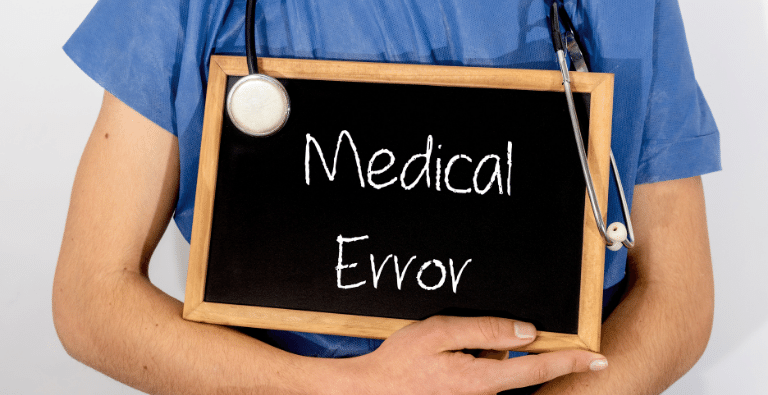Attorneys for Diagnostic Errors
Medical diagnostic errors are frequent. They can have serious consequences for your
health, although they are unavoidable in many cases.
Doctors are expected to do their best and are required by law to do so. They have an
obligation to ensure that they provide accurate advice, observations and actions for the
long-term health of their patients.
But what happens when medical science is not perfect? What does it mean for doctors
to be wrong in their diagnoses?
As the world becomes more technological, misdiagnoses will be less likely. However, the
doctor continues to be responsible for conducting the pertinent examinations and
ordering the necessary tests to make the best decision.
Duty of Care: Error vs. negligence
A physician is required to observe the standard of care when diagnosing. This means
that physicians must use the same level of skill and effort that other physicians in their
field would normally do under similar circumstances. It also requires them to act
reasonably, which means taking all measures within their power, based on the
information available.
For this reason, understanding the difference between human error due to lack of
information is manageable and acceptable. However, the duty of assistance is
objective. This means that a judge or jury can determine whether the doctor acted
according to the standard and was negligent or in breach of duty, based on what most
other doctors would have done in similar circumstances with the same information
available.
In other words, the difference between error and negligence lies in the standards,
published research, and accepted protocols within the medical community. Under these
professional precepts, a physician may be liable for a misdiagnosis if he made deviations
during the examination process, did not perform commonly recommended tests based
on symptoms, or other omissions or errors.
What is an incorrect diagnosis?
An incorrect diagnosis occurs when a doctor does not properly identify a medical
condition. As a result, the doctor often provides treatment or even surgery based on a
wrong decision.
In many cases, a patient seeks medical treatment while experiencing symptoms of
various possible diseases, but the doctor only identifies one disease during diagnosis.
Medicine is an inexact science. Despite the use of sophisticated equipment and the
training of experts, there is always a margin of error in the application of
treatment. Doctors are well aware of this, so they make their diagnoses as accurate as
possible to narrow the margin.
As challenging as it can be to provide a correct diagnosis, physicians are responsible for
providing the most accurate diagnosis possible, with the information and resources
available. If you are injured after receiving an incorrect diagnosis, your doctor may be
liable under medical malpractice law.
In other words, physicians who meet appropriate standards of care are able to identify,
care for, and reduce the margin of error in the diagnostic process to avoid putting their
patients at risk. They can also take steps to improve their chances of success by testing
and ruling out possibilities.
Medical malpractice in diagnosis: How to identify it?
There are many factors that influence the accuracy of the medical diagnosis. Among
them are:
- The type of disease that is diagnosed
- Diseases with similar symptoms
- The length of time or how quickly the symptoms have progressed, and whether this is
typical of the disease in question.
Doctors interpret negligence in a way that is substantially different from most people
when evaluating. This is due to the degree of responsibility and the risk it entails for the
health and life of patients.
To show that a doctor has been negligent in the diagnosis, it must be shown that an
expert with similar qualifications and experience would not have misdiagnosed the
problem.
Who can file a claim for misdiagnosis?
A common question to request legal services for diagnostic errors refers to the person
who can file the claim.
In some cases, the patient who suffers the consequences of an incorrect diagnosis is
unable to express himself correctly or dies. In these cases, the family can file a claim for
medical malpractice and seek compensation.
When you or your loved one is harmed due to an incorrect diagnosis, it is important to
act quickly. This includes documents related to treatment and records from hospitals
and doctors’ offices. It also includes any correspondence between the healthcare
providers and the patient.
Without a doubt, the most advisable thing in these cases is to go to an expert lawyer in
the field of diagnostic errors and medical malpractice who can assist you in taking the
best course of action.

